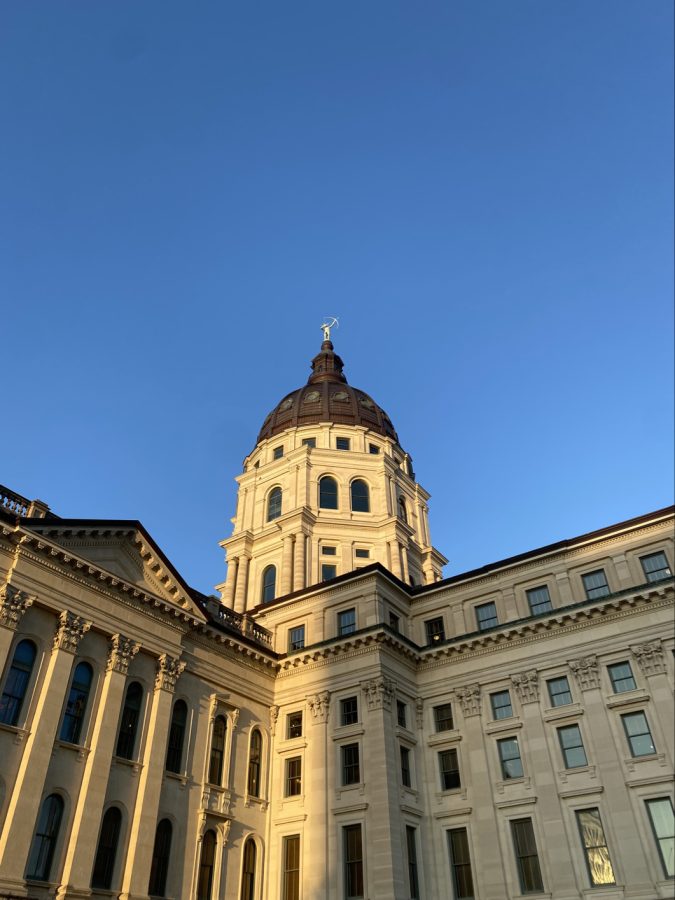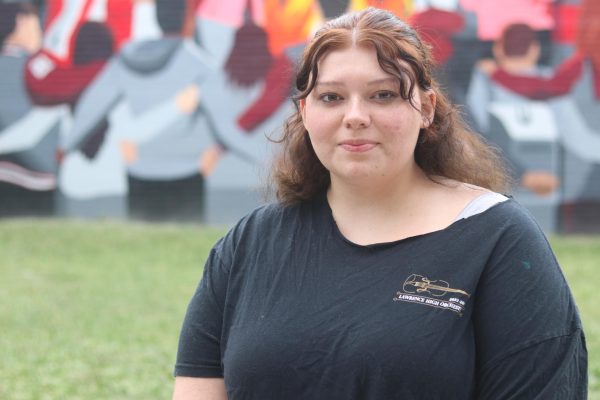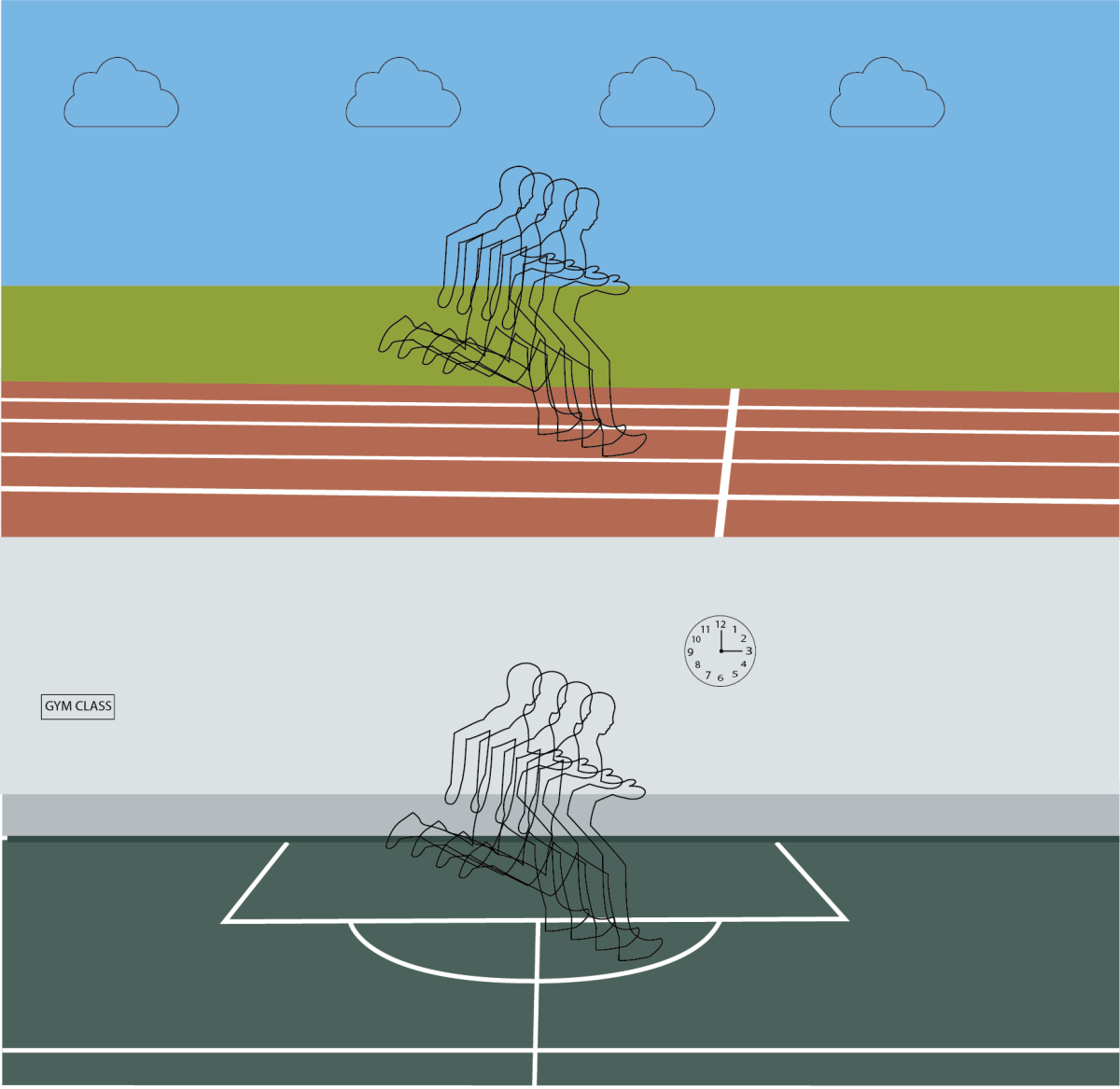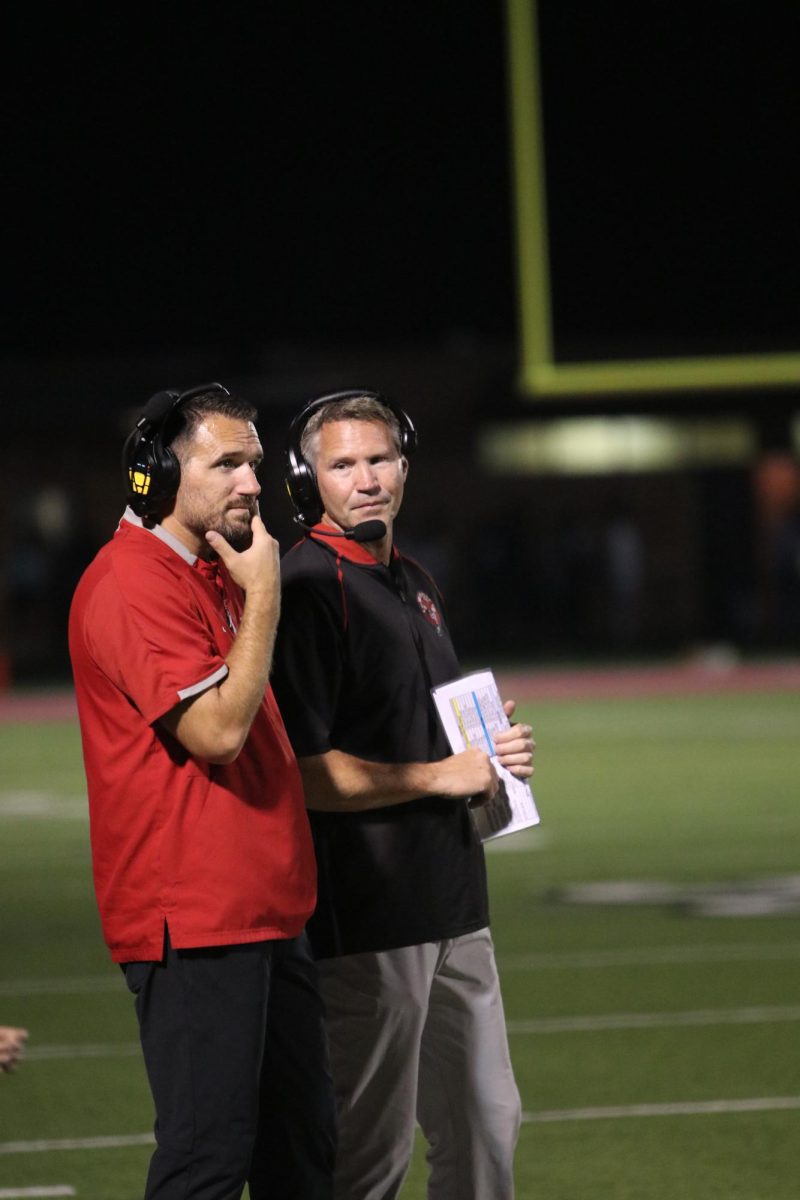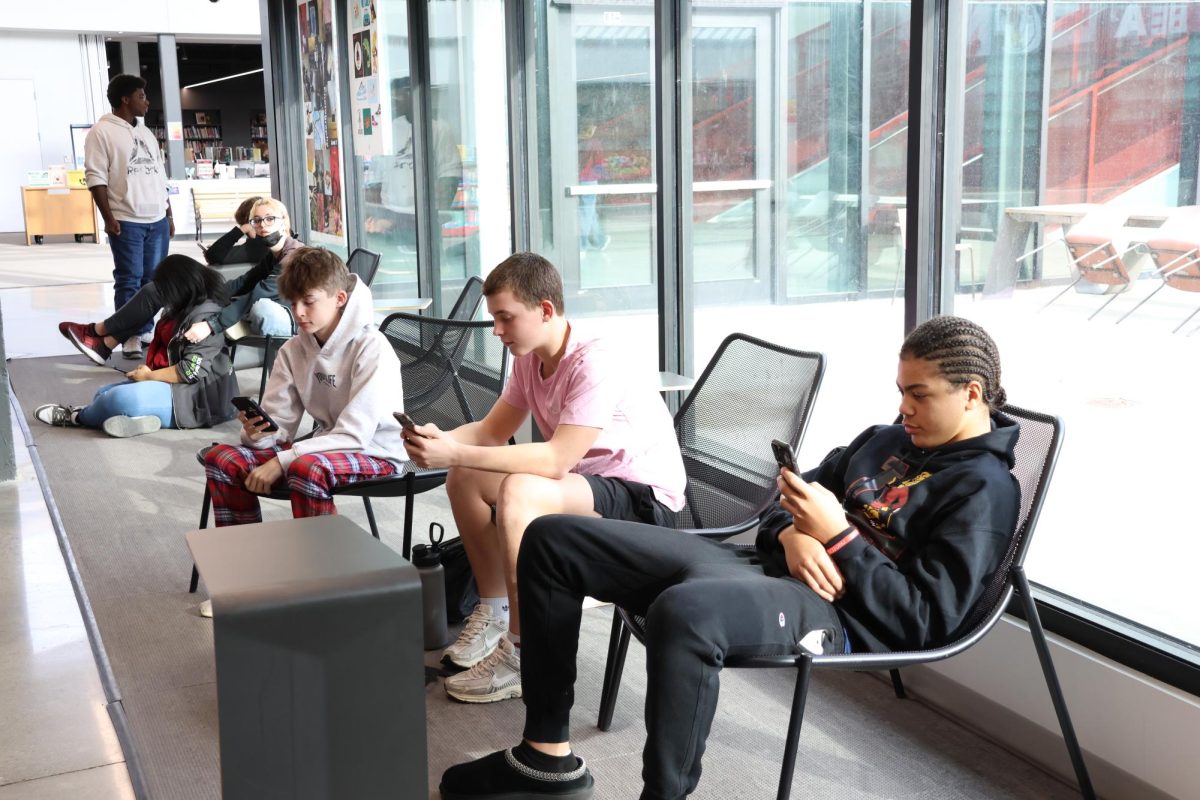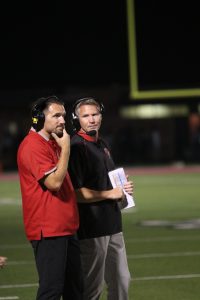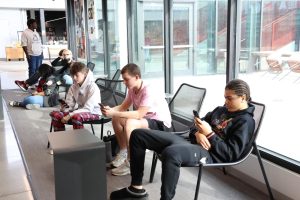Students, staff reflect on passing of anti-trans bills in Kansas
May 17, 2023
During the month of April, the Kansas Legislature passed three anti-trans bills, overriding Governor Kelly’s vetoes. These bills include measures that will exclude trans women from women’s sports, prohibit trans women from women’s spaces, and prohibit individuals from changing their gender on documents and driver’s licenses.
“It’s going to affect people’s mental health one way or another or the way they see themselves,” junior Ash Owecke said. “I think that self-worth will go down so severely because they’re not able to present or be where they feel they need to be because of the laws that are being made.”
In late March, LHS and Free State students held walkouts to protest these bills in fear that they would restrict many rights of trans individuals. Over 200 LHS students participated in the walkout.
Of the bills that were passed, SB 180 closely defines gender by the sex organs individuals were born with and the ‘bathroom bill’ divides men and women by this standard in the use of bathrooms, locker rooms, jails, domestic violence shelters, etc. In early April, a ban was passed that prohibits female transgender athletes from participating in women’s and girls’ sports.
“My heart hurts for [trans women] because they should be allowed to participate in sports,” junior Theo Loftiss said. “It’s not really fair but I do understand where they’re coming from with it…Just because they identify differently doesn’t mean that those opportunities should be taken from them.”
By federal decree, Kansans can still legally change their birth certificates, however through the ‘bathroom bill,’ individuals will be prohibited from changing their name and gender on driver’s licenses. Junior Cici Phillippe emphasized the far-reaching effects this bill will have.
“For the government to be able to just in a few days, a few months really, change plans that affect me for the rest of my life is terrifying,” Phillippe said. “I know we see a lot of trans bills that affect teenagers and affect minors but this is something that affects trans people in Kansas across the board.”
Associate Principal discussed ways students can support their transgender peers during this time, emphasizing the importance of voting and advocating for legislators that will support trans rights.
“I think letting people know they’re seen and valued and that they matter,” Preut said. “I think organizing and if people are 18, voting, helping to get out and try to get more people registered to vote, getting out and educating people, because the way this stops is through the ballot box. It stops by electing members of the state legislature who are going to care about supporting people and not look at attacking people.”
Kansas is not the first state to pass bills like these; Florida, Tennessee, Montana, and Missouri have passed or are working to pass similar legislation that blocks access to gender-affirming care. In 2023 alone, 291 bills have been introduced that threaten or restrict the rights of transgender people across the US.
“It’s really a shame that we have to bring politics into the definition of how people choose to identify,” Pride club co-sponsor Brittany Harrell said. “How does it affect the politicians that are voting? Do they even take the time to really get to know the people this bill is affecting? Kansas needs to do better.”
In addition to the anti-trans bills recently passed, Kansas lawmakers voted to approve a “parent’s rights” measure that will allow public school parents to opt their students out of lessons involving LGBTQ+ content. Phillippe believes other groups in the LGBTQ+ may be more heavily targeted moving forward.
“Trans people are first, but you’re next,” Phillippe said. “I think there are a lot of people who are queer who don’t get that. It is the minority that is least accepted first but then they move on to the other minorities and that’s how it always will be.”
Loftiss discussed the importance of educating people about the trans community to help raise awareness and increase understanding.
“I really hope that we can just educate people about it,” Loftiss said. “When people don’t understand things, they tend to be scared of it and I think that education is the biggest way to help and make people realize that we’re still people; we just don’t agree with how we were born which I don’t think should be a crime like they make it out to be.”



